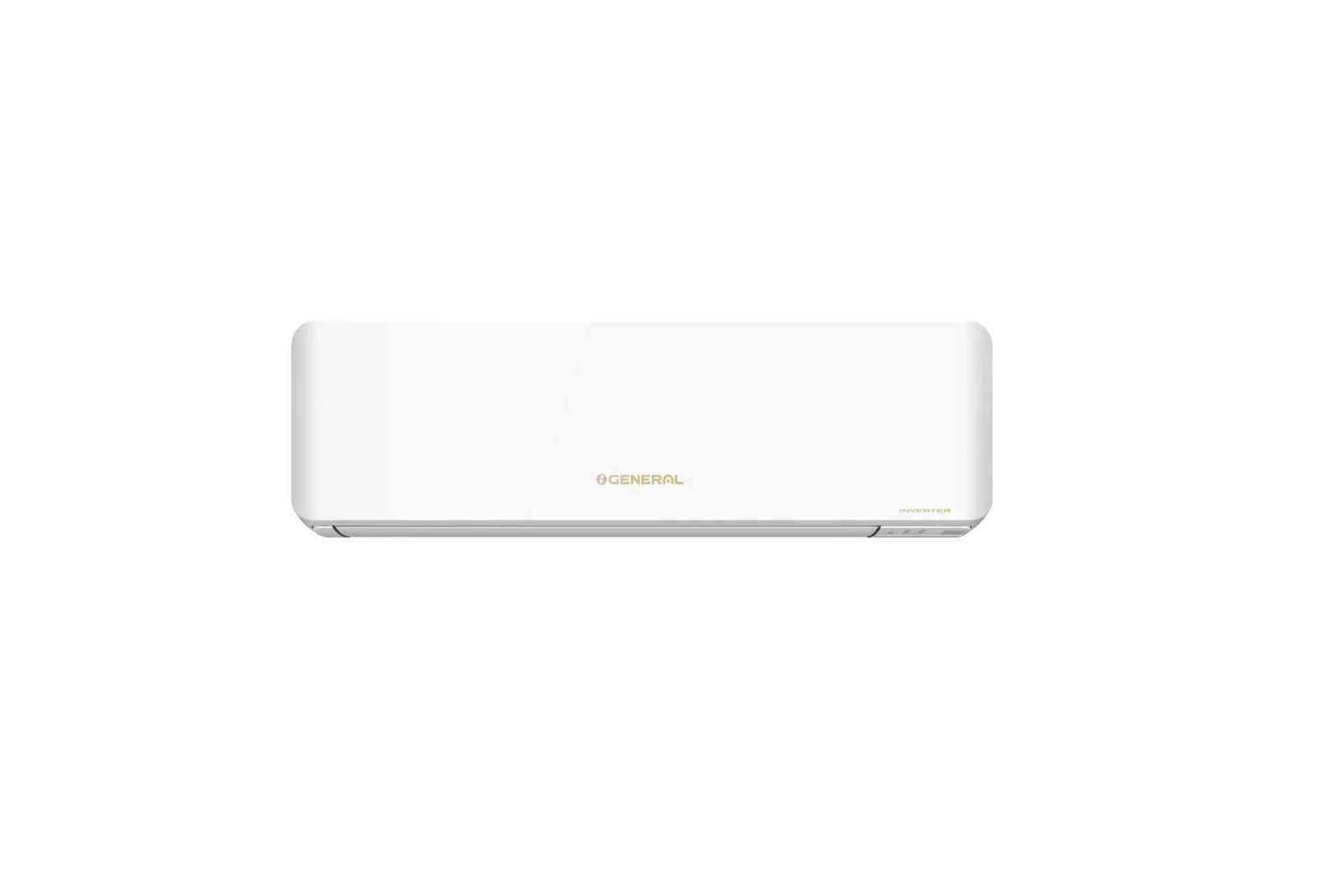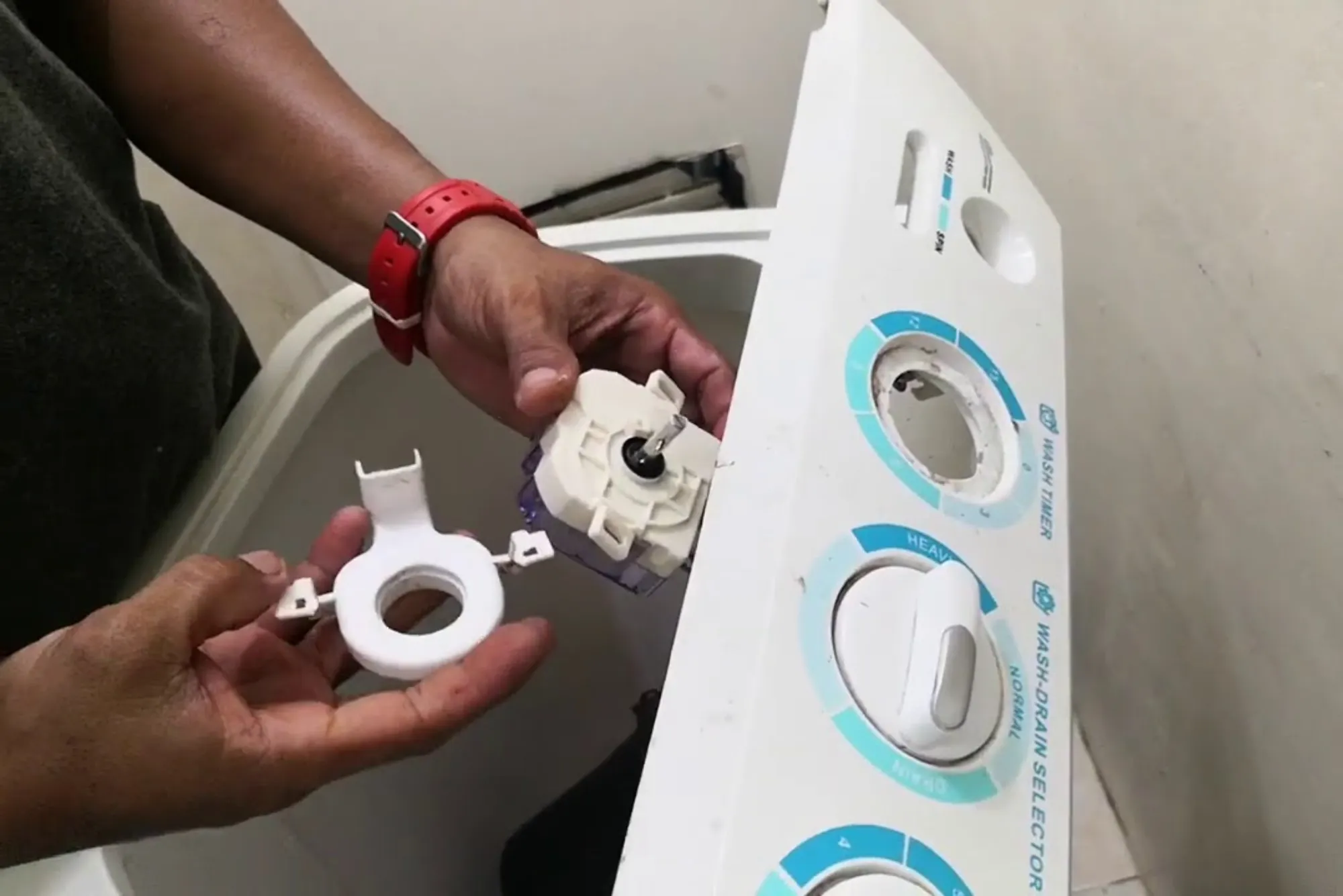If you’re planning to live, work, or invest in the United Arab Emirates, understanding the current UAE residence visa requirements is crucial. As someone who’s navigated this process personally and has assisted others with similar journeys, I can tell you that while the rules are straightforward on paper, nuances in application and documentation can make or break your visa approval. This blog will walk you through what you need to know in 2025, so you can avoid the confusion that often surrounds visa procedures in the UAE.
Understanding UAE Residence Visas: Who Needs One?
Whether you’re moving for work, planning to start a business, joining family, or simply seeking a luxurious lifestyle under the Gulf sun, a residence visa is your key to staying in the UAE legally beyond short-term visits. Unlike a tourist visa, which allows a temporary stay, a UAE residence visa gives you access to essential services like opening a bank account, getting a driver’s license, renting property, and enrolling children in schools.
Residence visas are typically valid for two to ten years, depending on the category. Over the years, the UAE government has introduced several reforms to make the country more attractive to foreign talent, investors, and remote workers, which has significantly expanded the types of residence visas available.
Categories of UAE Residence Visas in 2025
The UAE offers several types of residence visas, each designed for specific purposes. The most common categories include:
1. Employment Visa
This visa is sponsored by a UAE-based employer. If you receive a job offer from a company in the UAE, they will typically handle the visa application process on your behalf. You’ll undergo medical testing, background verification, and need to present educational or professional qualifications, depending on your job role.
One key uae residence visa requirement for employment-based residency is that the job must align with your qualifications. For example, if you’re hired as an engineer, the authorities may require you to submit attested engineering degrees and certifications.
2. Investor or Partner Visa
This option is ideal for those who plan to start a business or invest in an existing one. The UAE requires proof of investment, typically with a minimum capital investment which varies by emirate. For example, in Dubai, you might need to invest at least AED 72,000 in a company to qualify.
An important point to consider here is the documentation. Business licenses, partnership agreements, and trade licenses must be in order before applying. The good news is that the process has become more digital and streamlined over recent years, particularly in free zones.
3. Property Owner Visa
If you own property in the UAE, you may be eligible for a residence visa. Generally, the property must be worth at least AED 1 million and should not be mortgaged beyond a certain percentage.
It’s a popular route for those looking for a semi-retirement or seasonal lifestyle in the UAE. However, it’s important to note that the visa does not allow you to work unless you obtain a separate work permit.
4. Family Visa
Family visas are available to spouses, children, and, in some cases, parents. If you’re working in the UAE or hold another type of valid residence visa, you can sponsor your immediate family. A minimum salary threshold applies, which is typically around AED 4,000–AED 5,000 per month, depending on the emirate.
This is one of the most sensitive categories when it comes to UAE residence visa requirements, especially concerning documentation such as marriage and birth certificates, which must be attested by both your home country and the UAE Ministry of Foreign Affairs.
5. Retirement Visa
Expats over the age of 55 with sufficient financial means can apply for a retirement visa. To qualify, you need either a monthly income of AED 20,000, savings of AED 1 million, or property worth AED 2 million.
This visa is typically valid for five years and can be renewed if you continue to meet the criteria. The UAE has positioned this visa to attract long-term residents and retirees seeking a secure, tax-friendly environment.
6. Golden Visa
The Golden Visa is one of the most talked-about innovations in UAE immigration policy. It offers long-term residency of 5 or 10 years to investors, scientists, doctors, entrepreneurs, and other professionals of high skill and value.
Unlike other categories, the Golden Visa does not require a local sponsor. It’s a direct path to long-term security in the country. However, the uae residence visa requirements under this category are more complex, often involving significant investment amounts, patents, published research, or a documented track record of professional achievement.
Medical and Emirates ID: Two Key Steps
Once your application is approved in principle, you’ll be asked to complete a medical fitness test at an authorized government health center. This includes a basic blood test and chest X-ray. It’s generally quick, and results are available within a couple of days.
Next, you’ll need to apply for your Emirates ID — your official identification within the country. It’s a vital card that will be required for nearly every transaction in the UAE, from setting up utilities to receiving healthcare.
Documentation: What You Need to Prepare
The required documents can vary depending on the type of visa, but here are some basics you should expect to prepare:
Passport (with at least 6 months validity)
Passport-sized photos with white background
Entry permit (for some visa types)
Attested educational or marriage certificates (as applicable)
Health insurance (mandatory for most visas)
Proof of accommodation in the UAE
Financial documents or proof of salary/investment
For most categories, your documents will need to be translated into Arabic and legally attested. It’s advisable to use a professional service for this to avoid delays or rejections.
Real-World Advice from a Long-Term Resident
From personal experience, one of the biggest hurdles in meeting UAE residence visa requirements isn’t the paperwork itself — it’s the lack of clarity when it comes to minor details. For instance, not every typing center interprets the rules the same way. One may accept a scanned degree certificate, while another insists on a physical attested version. Always double-check with official government portals like GDRFA (Dubai) or ICP (Federal Authority for Identity, Citizenship, Customs and Port Security) and consider speaking with a PRO or visa consultant if you’re unsure.
I once faced a delay of over three weeks just because my medical fitness certificate wasn’t uploaded correctly. A simple oversight, but it taught me how crucial every detail is.
Recent Updates in 2025: What Has Changed?
As of mid-2025, some noteworthy changes have been implemented:
The introduction of more digital pathways for document submission and medical appointments has made the process faster and more transparent.
Salary thresholds for family sponsorship have been unified across some emirates, simplifying the family visa process.
Remote workers can still apply under the virtual working program introduced during the pandemic, though requirements are now more strictly enforced, particularly regarding proof of income.
These changes reflect the UAE’s vision to remain competitive and welcoming to skilled professionals, entrepreneurs, and international families.
Final Thoughts: Is the UAE Residence Visa Worth the Process?
Absolutely — if you’re serious about living or working in the UAE, going through the UAE residence visa requirements process is worth the effort. The country offers excellent infrastructure, safety, tax advantages, and a high standard of living. Whether you’re an investor looking for opportunity, a professional seeking career growth, or a retiree searching for comfort and sunshine, the UAE has something to offer.
Just remember: prepare your documents well, stay updated on the rules, and don’t hesitate to seek help if the process gets overwhelming. It’s a journey that pays off in the long run.
If you’re currently considering your visa options or are in the middle of an application, feel free to leave a comment or share your experience — it might just help someone else navigate their path a little more smoothly.









